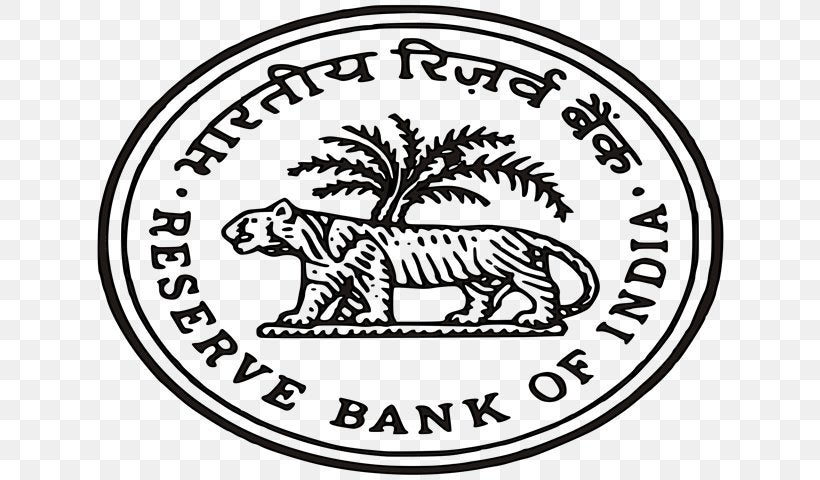
The Reserve Bank of India – India’s apex bank – has set a limit of 15 years to the tenure of bank CEOs in the country.
The rule will be effective on 1 October, and will be impact private banks, small finance banks, and wholly owned subsidiaries of foreign banks.

Access deeper industry intelligence
Experience unmatched clarity with a single platform that combines unique data, AI, and human expertise.
The RBI said that a CEO, MD or whole-time director (WTD) who is a promoter or major bank shareholder cannot serve in these positions for more than 12 years. At the central bank’s discretion, they can also be provided an extension of up to 15 years.
The central bank noted: “Subject to the statutory approvals required from time to time, the post of the MD & CEO or WTD cannot be held by the same incumbent for more than 15 years.
“Thereafter, the individual will be eligible for re-appointment as MD & CEO or WTD in the same bank, if considered necessary and desirable by the board, after a minimum gap of three years, subject to meeting other conditions.”
The rule could impact Kotak Mahindra Bank’s founder-CEO Uday Kotak, who has been in the role of 17 years.

US Tariffs are shifting - will you react or anticipate?
Don’t let policy changes catch you off guard. Stay proactive with real-time data and expert analysis.
By GlobalDataThe RBI approved his re-appointment for three years early in 2021.
The central bank further stated that people cannot hold these roles beyond 70 years. The banks’ boards can prescribe a lower retirement age for the WTDs, it added.
The age limit for chairman and non-executive directors has been capped at 75 years.
The total tenure of an NED, continuously or otherwise, on a bank’s board should not be more than eight years.
Upon completion of the eight-year period, the person can be re-appointed following a gap of at least three years.
Moreover, the fixed yearly remuneration for an NED, other than the chair of the board, should not surpass INR2m, as per the rule.
The board will have to constitute a nomination and remuneration committee (NRC) comprising only NEDs, with a minimum of half of the members attending the meeting of the NRC being independent directors.
In a recent development, the RBI unveiled plans to bring all bank branches under the cheque truncation system (CTS) clearing mechanism.
The CTS was launched by the RBI in 2010 to support cheque clearance process.
In January this year, the central bank said that it is looking to incorporate a four-layered structure for governing non-banking finance companies (NBFCs) to prevent the disruption caused by the failure of such a firm.







